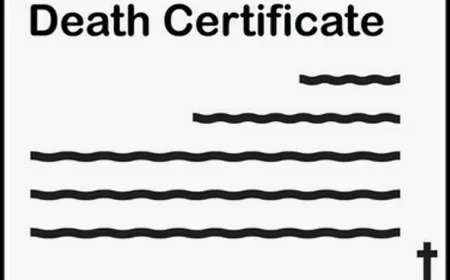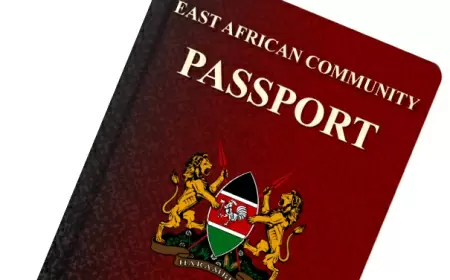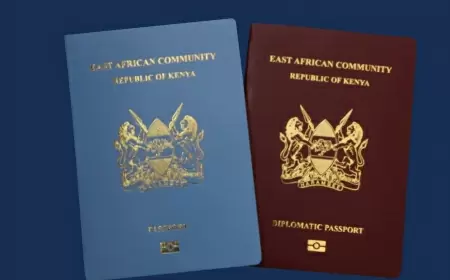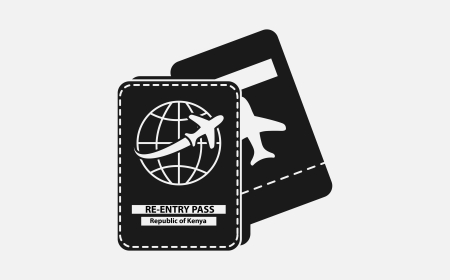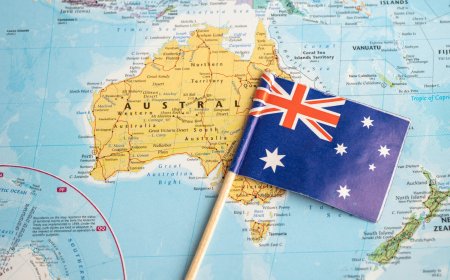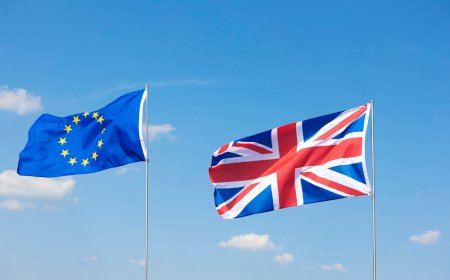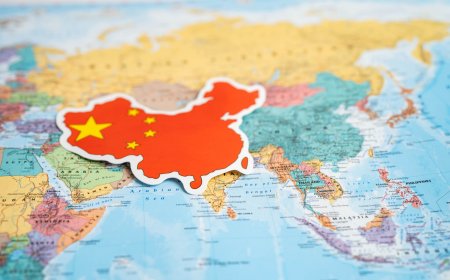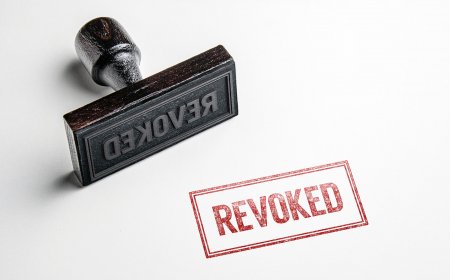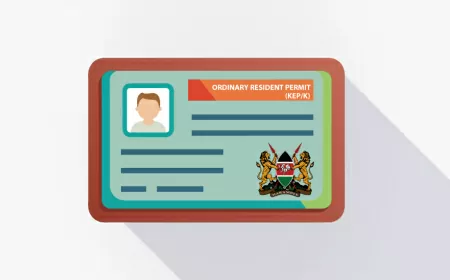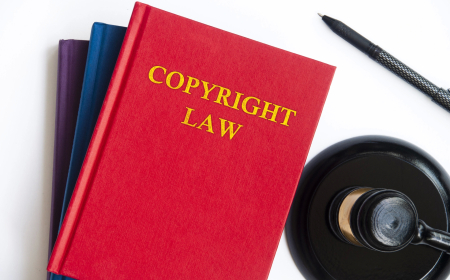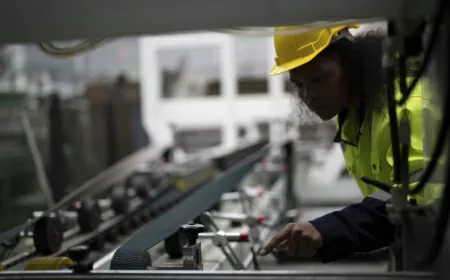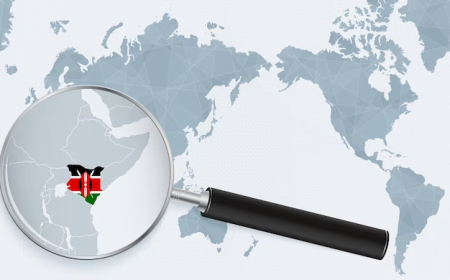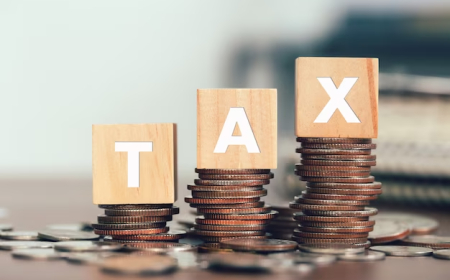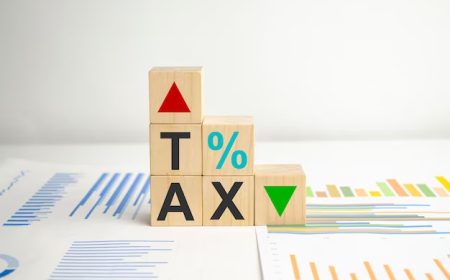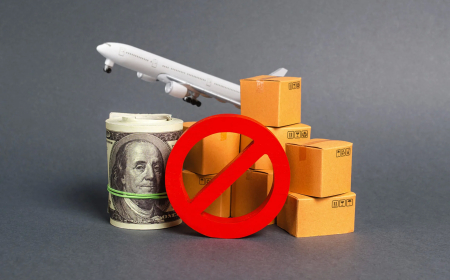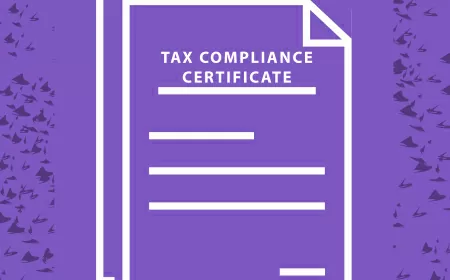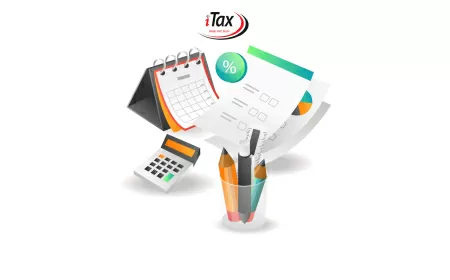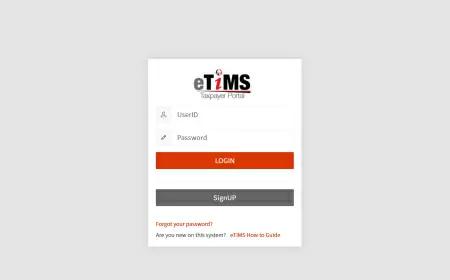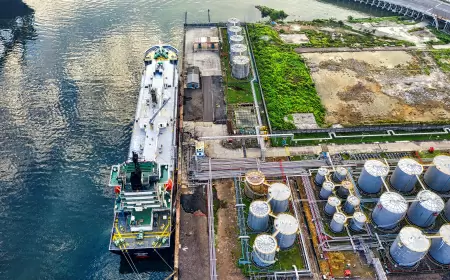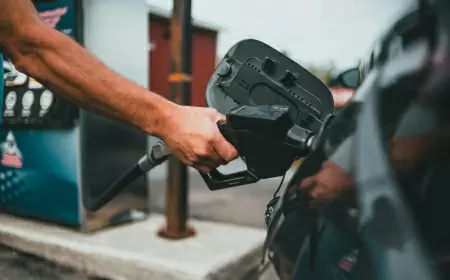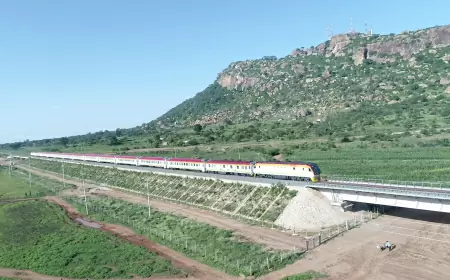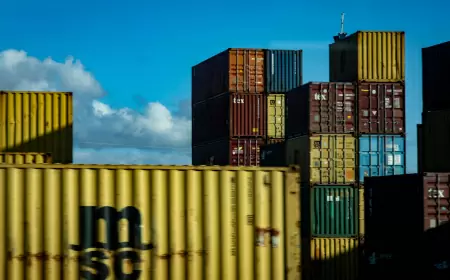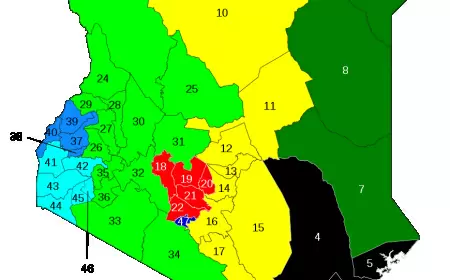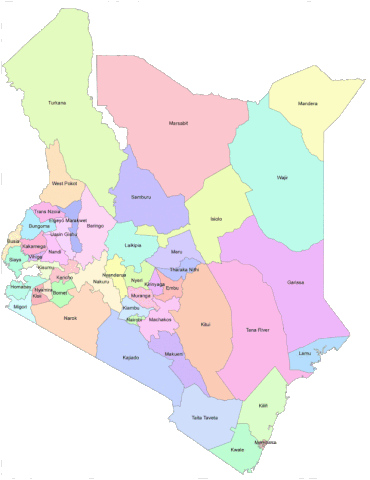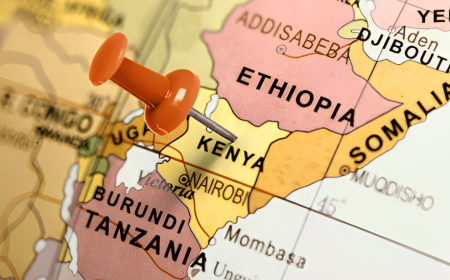Petroleum Development Levy
The Petroleum Development Levy (PDL) in Kenya is a vital funding mechanism for the country's petroleum sector development. Learn about the objectives, regulations, and impact of the PDL to support sustainable growth in Kenya's energy industry.
1. Brief Explanation of the Petroleum Development Levy in Kenya
The Petroleum Development Levy is a government-imposed charge applied at the time of importation of specified petroleum fuels consumed in Kenya.
2. Background of the Petroleum Development Levy
The Petroleum Development Levy was established and imposed through an act of Parliament known as the Petroleum Development Fund Act (Petroleum Development Fund Act 4 of 1991). The levy is paid to Petroleum Development Fund.
3. Key Objectives of the Petroleum Development Levy
The levy is used for matters related to the development of the oil industry, including:
- Creation of a stabilization mechanism for petroleum pump prices to cushion consumers from spikes in the landed costs.
- Enhancing capacity building in the petroleum supply chain to create stability in the supply.
4. Impact and Benefits of the Petroleum Development Levy
Effects of the levy on the development of the petroleum industry
The levy enable a self-sustaining funding mechanism for the development and operationalization of petroleum pump price stabilization mechanism as a result the economic environment becoming more predictable and hence boosting investor confidence.
Effects on Public sector
- Enhanced capacity building and development in the petroleum industry leading to improved planning and increased efficiency in the supply chain.
- Stability in petroleum prices, even during instances of increased landed costs, can help make petroleum fuels more affordable for consumers.
Effects on the Private Sector
Petroleum supply and price stability encourage local investment due to a predicable business environment.
5. How is the Petroleum Development Levy calculated in Kenya?
The levy rate for the specified Petroleum Products ranges from Ksh 0. 40 to Ksh 5. 40 per litre.
The table below displays the various rates charged per liter for the specified petroleum fuels.
| Description |
Tariff Code | Rate of Levy (KES) |
| Condensates | 2709.00.10 | 400.00 per 1,000 litres at 20°C |
|
Aviation spirit (gasoline) |
2710.00.21 |
400.00 per 1,000 litres at 20°C |
|
Motor spirit (gasoline), premium |
2710.00.22 |
400.00 per 1,000 litres at 20°C |
|
Motor spirit (gasoline), regular |
2710.00.23 |
|
|
Jet fuel (spirit type) |
2710.00.24 |
400.00 per 1,000 litres at 20°C |
|
Special boiling point spirit and white spirit |
2710.00.25 |
400.00 per 1,000 litres at 20°C |
|
Other light petroleum oils and preparations |
2710.00.29 |
400.00 per 1,000 litres at 20°C |
|
Jet fuel (kerosene type) |
2710.00.31 |
400.00 per 1,000 litres at 20°C |
|
Kerosene |
2710.00.32 |
400.00 per 1,000 litres at 20°C |
|
Other medium petroleum oils and preparations |
2710.00.39 |
400.00 per 1,000 litres at 20°C |
|
Diesel oil (industrial, heavy, black, for low speed marine and stationery engines) |
2710.00.41 |
400.00 per 1,000 litres at 20°C |
|
Other gas oil |
2710.00.43 |
400.00 per 1,000 litres at 20°C |
|
Residual fuel oils (marine furnace similar fuel oils engines) of 125cSt |
|
400.00 per 1,000 litres at 20° |
|
Residual fuel oils of 180cSt |
2710.00.45 |
400.00 per 1,000 litres at 20°C |
|
Residual fuel oils of 280cSt |
2710.00.46 |
400.00 per 1,000 litres at 20°C |
|
Other Residual fuel oils |
2710.00.47 |
400.00 per 1,000 litres at 20°C |
|
Liquefied natural gas |
2711.11.00 |
400.00 per 1,000 litres at 20°C |
|
Liquefied propane |
2711.12.00 |
400.00 per 1,000 Kg at 20°C |
|
Liquefied butanes |
2711.13.00 |
400.00 per 1,000 Kg at 20°C |
|
Liquefied ethylene, propylene, butylenes and |
2711.14.00 |
400.00 per 1,000 Kg at 20°C |
|
Other liquefied petroleum gases |
2711.19.00 |
400.00 per 1,000 Kg at 20°C |
|
Natural gas in gaseous state |
2711.21.00 |
|
|
Other petroleum gases |
2711.29.00 |
400.00 per 1,000 Kg at 20°C |
|
Petroleum bitumen |
2713.20.00 |
400.00 per 1,000 Kg at 20°C |
|
Other residues of petroleum petroleum oil or oils |
2713.90.00 |
400.00 per 1,000 Kg at 20°C |
|
Bituminous or oil shale and tar sands |
2714.10.00 |
400.00 per 1,000 Kg at 20°C |
|
Bitumen and asphalt or asphalts and asphaltic |
2714.00.00 |
400.00 per 1,000 Kg at 20°C |
|
Bituminous mixtures |
2715.00.00 |
400.00 per 1,000 Kg at 20°C |
6. Collection and Allocation of the Levy Funds
The levy is paid and remitted to the collecting agent, the Kenya Revenue Authority Commissioner of Customs and Excise at the time of importing petroleum fuel into Kenya. The collector then remit to the Petroleum Development Fund all the levies paid during the month.
7. Who is Liable to Pay the Petroleum Development Levy?
Any person or company, such as oil marketing companies,oil importers and distributors, licensed under the Petroleum Act of 2019, is required to pay the levy when importing specified petroleum products to Kenya.
8. Penalties for Failure to Remit the Petroleum Development Levy
If a remitter fails to pay a levy within the prescribed time, a penalty of 5% of the amount is added to the outstanding payment each month or part thereof until the amount due is paid.
9. Registering for Petroleum Development Levy
An oil marketing company, oil importer, or distributor should register as a remitter of the levy with the Commissioner of Customs and Excise the Revenue Departments within Kenya Revenue Authority.
10. Conclusion
In conclusion, The Petroleum Development Levy (PDL) in Kenya serves as an important funding mechanism for the development of the country's petroleum industry.
Governed by the Petroleum Development Fund Act of 1991 and The Petroleum Development Levy Order of 2020, which became effective on July 15, 2020, the PDL is regulated by specific provisions and guidelines that define its scope, rates, collection methods, and utilization criteria.
11. Useful Links
Was this information helpful ?








